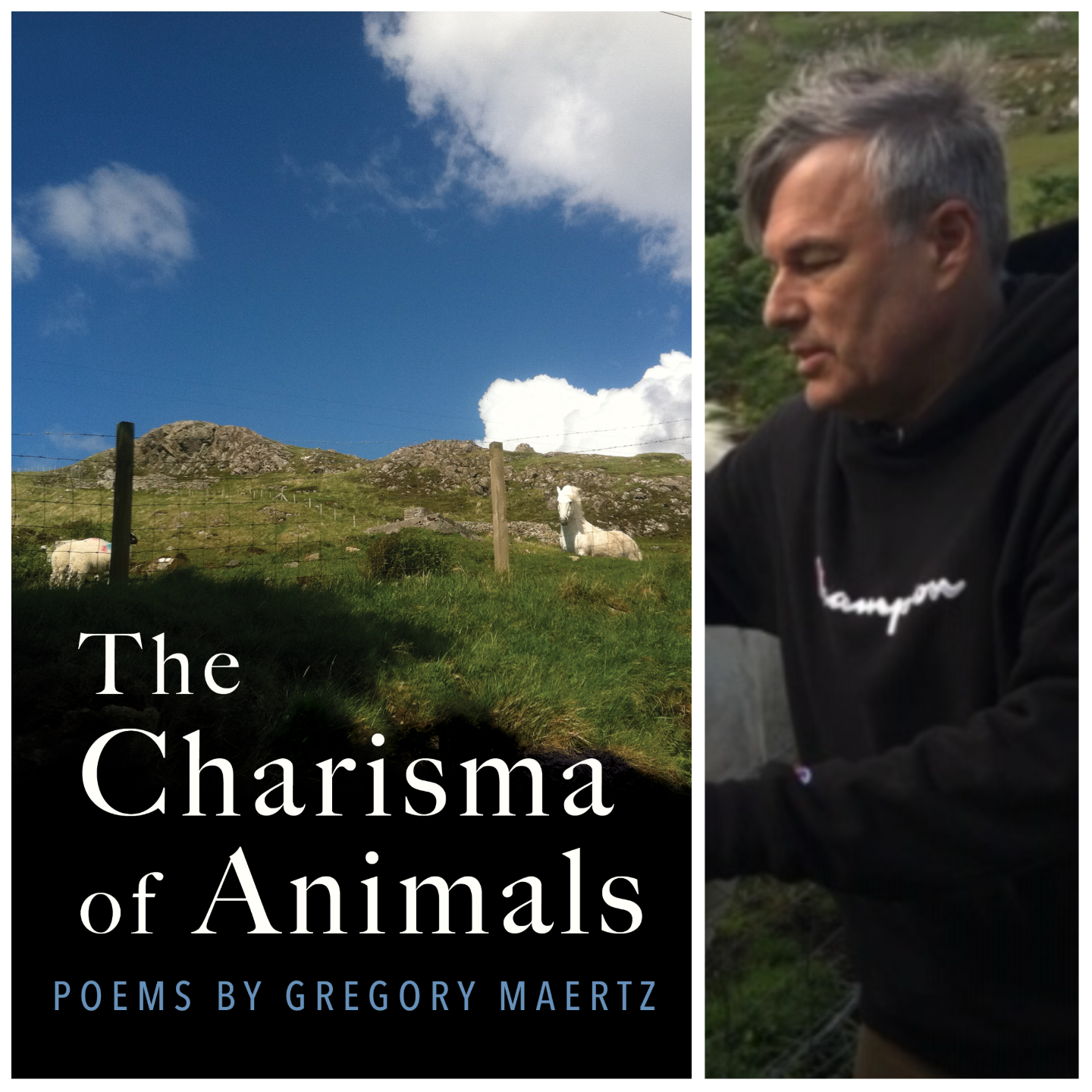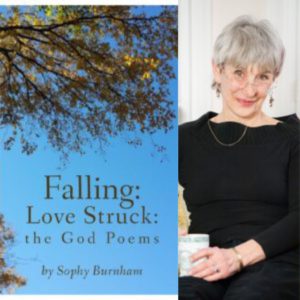Maertz’s poems explore special, seemingly remote places in the world, recesses of the heart, and deeper regions of the mind. The Charisma of Animals achieves what the most gifted poets do, a unification of strong feeling, profound thought, and striking images. From these poems of a mature life readers of any age will draw wonder and insight.
–James Engell, Harvard University
In The Charisma of Animals, Gregory Maertz celebrates the natural world and yearns for losses clearly tasted in memory. The poems are hauntingly beautiful and paradoxically quiet with a natural animal noise that intermixes and informs human relations. If James Wright and W.B. Yeats collaborated on a poem together, the result would feel like this book— slouching toward a blessing to be born, white horses in tow.
–Erik Fuhrer, author of Eye, Apocalypse (Spuyten Duyvil, 2021)
Gregory Maertz’s incantatory poems possess a profound sense of place. We are there, with him—from the Scottish Hebrides to a New Jersey countryside—overhearing his thoughts and tangibly perceiving his feelings. At times, he engages us with moral responses that provoke our compassion for a diminishing natural world, colorfully alive and beautifully detailed. The emotional precision of his poetical word pictures is enabled by his finely tuned ear and precise denotative command of language. With the eye of a painter, he gilds the natural life he finds before him.
–Ruben Quintero, Cal State LA
Formal patterns do not lie: the narrator in THE CHARISMA OF ANIMALS mourns a divorce, falls in love, then finds that love unreturned. Unrequited love, at least as old as the sonnet form, finds a renewed expression in these poems. Recalling Keats, Wordsworth, Rilke, and remembering canonical sonnet sequences, Gregory Maertz’s poems explore how nature might assuage loss. The narrator’s expansive empathy for animals, emerging in his hungry eye observing life in the opening poem, “On the Island of White Horses,” intensifies throughout the collection . . . The final poem, “Tree Shadows,” pictures a doe and her fawns along Cider Creek. The image recalls his earlier delight in twin fawns in his yard, crushed when he finds them dead: “The slaughter of the fawns drained my heart’s strength.” The doe of “Tree Shadows” momentarily revives his heart: “I long to caress her silken ears and/Peer into her eyes of liquid blackness,” the narrator says. Yet he assumes that like his other loves, she would “shy away from [him].” Should she do this, the narrator would wonder when and where he might “ever feel so entirely alive again.” The conditional nature of the encounter holds in suspension whether the narrator is happy even in this moment. Maertz struggles with a question that the iconic poets he admires did not entertain, “Are any attempts to embody our desires permitted to endure?” From Petrarch’s CANZONE forward, the poet answers, “yes, these poems will exceed my desire.” Maertz’s meditations on longing, set in nature’s foil, exceed as well, and they are almost too much to bear.
–Carol Ann Johnston, Dickinson College






Reviews
There are no reviews yet.